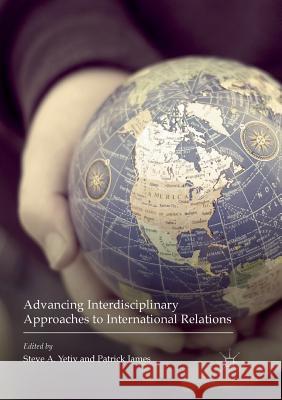Advancing Interdisciplinary Approaches to International Relations » książka
topmenu
Advancing Interdisciplinary Approaches to International Relations
ISBN-13: 9783319821931 / Angielski / Miękka / 2018 / 344 str.
Kategorie BISAC:
Wydawca:
Palgrave MacMillan
Język:
Angielski
ISBN-13:
9783319821931
Rok wydania:
2018
Wydanie:
Softcover Repri
Ilość stron:
344
Waga:
0.42 kg
Wymiary:
21.01 x 14.81 x 1.88
Oprawa:
Miękka
Wolumenów:
01
Dodatkowe informacje:
Wydanie ilustrowane











